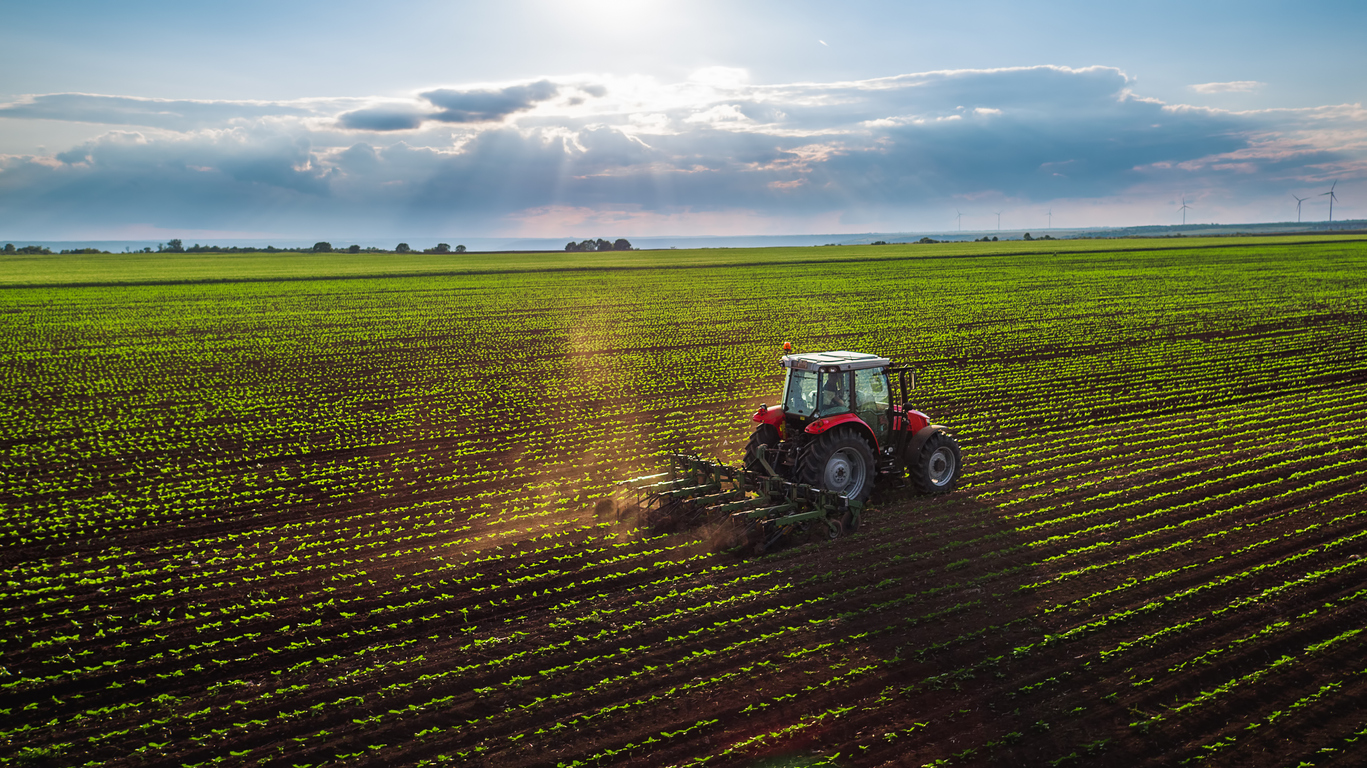Understanding the Value of Agricultural Land: A Comprehensive Guide
Introduction
The value of agricultural land can vary widely based on a number of factors, including location, soil quality, land size, and market conditions. This guide provides an overview of the key factors that influence agricultural land value, methods for assessing its value, and how Fraser Bond can assist you in evaluating and maximizing the value of your agricultural property.
Factors Influencing the Value of Agricultural Land
Location
Geographic Importance
- Proximity to Markets: Land closer to urban centers or markets generally has higher value due to lower transportation costs.
- Accessibility: Good road access can increase land value by facilitating the transportation of goods.
Soil Quality
Agricultural Productivity
- Soil Fertility: High-quality soil that supports a wide range of crops can significantly increase land value.
- Drainage: Well-drained land that reduces the risk of flooding is more valuable.
Land Size and Shape
Usability and Efficiency
- Parcel Size: Larger parcels may have a lower per-acre value but offer economies of scale.
- Shape: Regular-shaped parcels are easier to cultivate and manage.
Water Availability
Irrigation Potential
- Water Rights: Access to reliable water sources or irrigation systems can greatly enhance land value.
- Rainfall: Areas with adequate and reliable rainfall may have higher value.
Land Use and Zoning
Legal Considerations
- Zoning Regulations: Land that is zoned for agricultural use typically has different value considerations compared to residential or commercial land.
- Land Use Restrictions: Easements, conservation agreements, or other restrictions can affect value.
Market Conditions
Economic Factors
- Supply and Demand: Market demand for agricultural products and land can drive value.
- Commodity Prices: Prices for crops or livestock produced on the land can influence its value.
Infrastructure and Improvements
Added Value
- Existing Structures: Buildings, barns, and other improvements can increase land value.
- Fencing and Roads: Internal infrastructure like fencing and access roads enhance usability and value.
Methods for Assessing Agricultural Land Value
Comparable Sales Approach
Market Comparison
- Recent Sales Data: Compare the subject land to similar properties that have recently sold in the area.
- Adjustments: Make adjustments for differences in size, location, soil quality, and improvements.
Income Approach
Agricultural Productivity
- Potential Income: Estimate the income the land can generate from agricultural activities.
- Capitalization Rate: Divide the potential income by the capitalization rate to determine land value.
Cost Approach
Land and Improvements
- Replacement Cost: Estimate the cost to replace the land and its improvements minus any depreciation.
- Land Value: Add the value of the land as if it were vacant to the value of the improvements.
Steps to Maximize the Value of Agricultural Land
1. Improve Soil Quality
Enhance Productivity
- Soil Testing: Conduct soil tests to determine nutrient levels and deficiencies.
- Soil Amendments: Apply necessary fertilizers, lime, or organic matter to improve soil health.
2. Optimize Water Use
Efficient Irrigation
- Irrigation Systems: Install or upgrade irrigation systems to ensure efficient water use.
- Water Management: Implement water conservation practices to maximize availability.
3. Enhance Infrastructure
Add Value
- Fencing and Roads: Invest in quality fencing and access roads.
- Buildings: Construct or improve barns, storage facilities, and other structures.
4. Diversify Income Sources
Multiple Uses
- Crop Rotation: Implement crop rotation to improve soil health and diversify income.
- Agri-Tourism: Consider additional income streams like agri-tourism or leasing land for hunting.
5. Stay Informed on Market Trends
Market Awareness
- Market Research: Stay updated on market conditions and commodity prices.
- Networking: Connect with local agricultural organizations and industry groups.
How Fraser Bond Can Assist You
Expert Valuation Services
Comprehensive Assessments
- Market Analysis: Provide detailed market analysis and comparable sales data.
- Income Evaluation: Assess the income potential of your agricultural land.
Strategic Advice
Maximizing Value
- Improvement Recommendations: Offer advice on improvements to enhance land value.
- Market Trends: Provide insights into market trends and future value prospects.
Legal and Regulatory Support
Compliance and Optimization
- Zoning Advice: Ensure compliance with zoning regulations and explore rezoning opportunities.
- Legal Checks: Conduct thorough legal checks to identify and mitigate any issues.
Sale and Lease Assistance
Transaction Support
- Marketing: Develop a comprehensive marketing strategy to attract buyers or tenants.
- Negotiation: Assist in negotiating sale or lease terms to maximize returns.
Contact Fraser Bond to learn more about how we can assist you in evaluating and maximizing the value of your agricultural land.
Conclusion
The value of agricultural land is influenced by a variety of factors, including location, soil quality, water availability, and market conditions. By understanding these factors and implementing strategies to enhance land value, you can maximize the return on your investment. Fraser Bond offers comprehensive support and expertise to help you evaluate, improve, and market your agricultural land effectively. Contact us today to discuss your agricultural land needs and find out how we can assist you.
Explore Agricultural Land Value Services with Fraser Bond: Learn More



